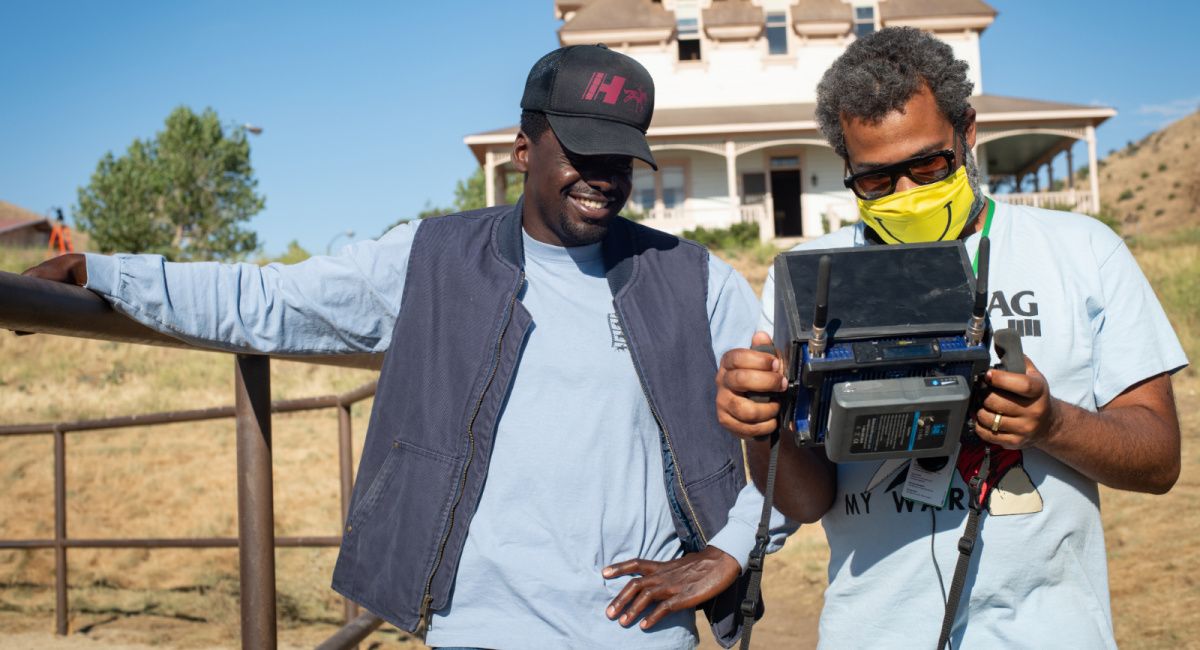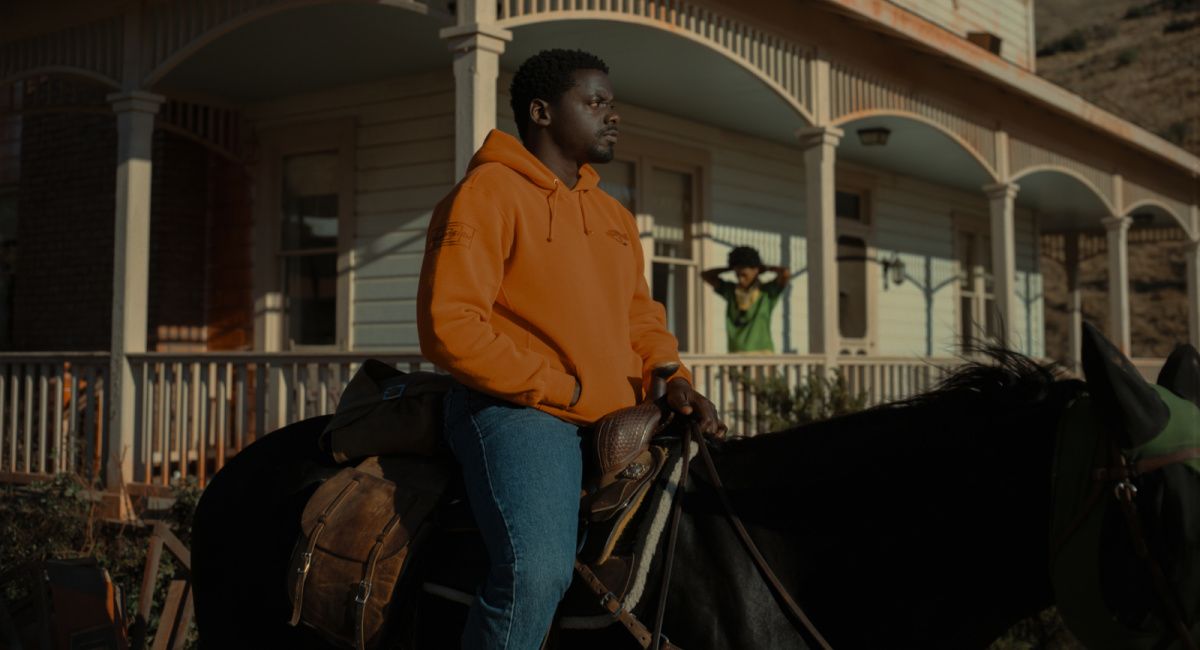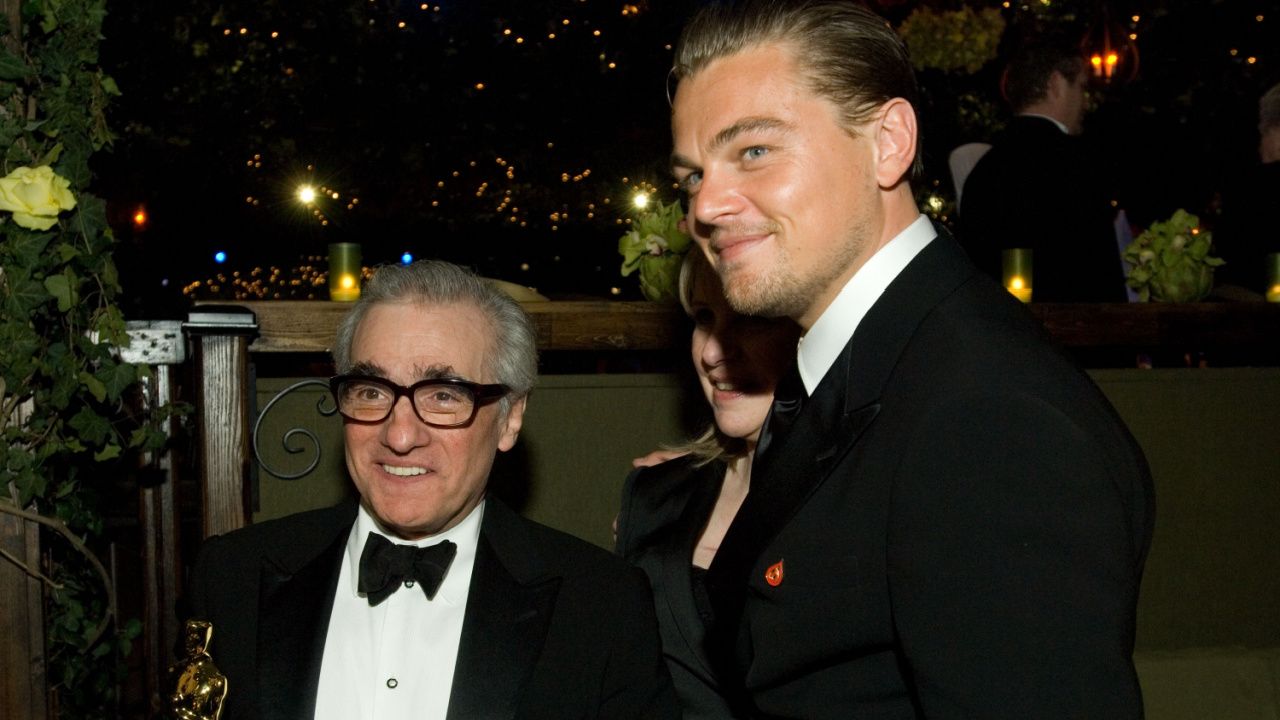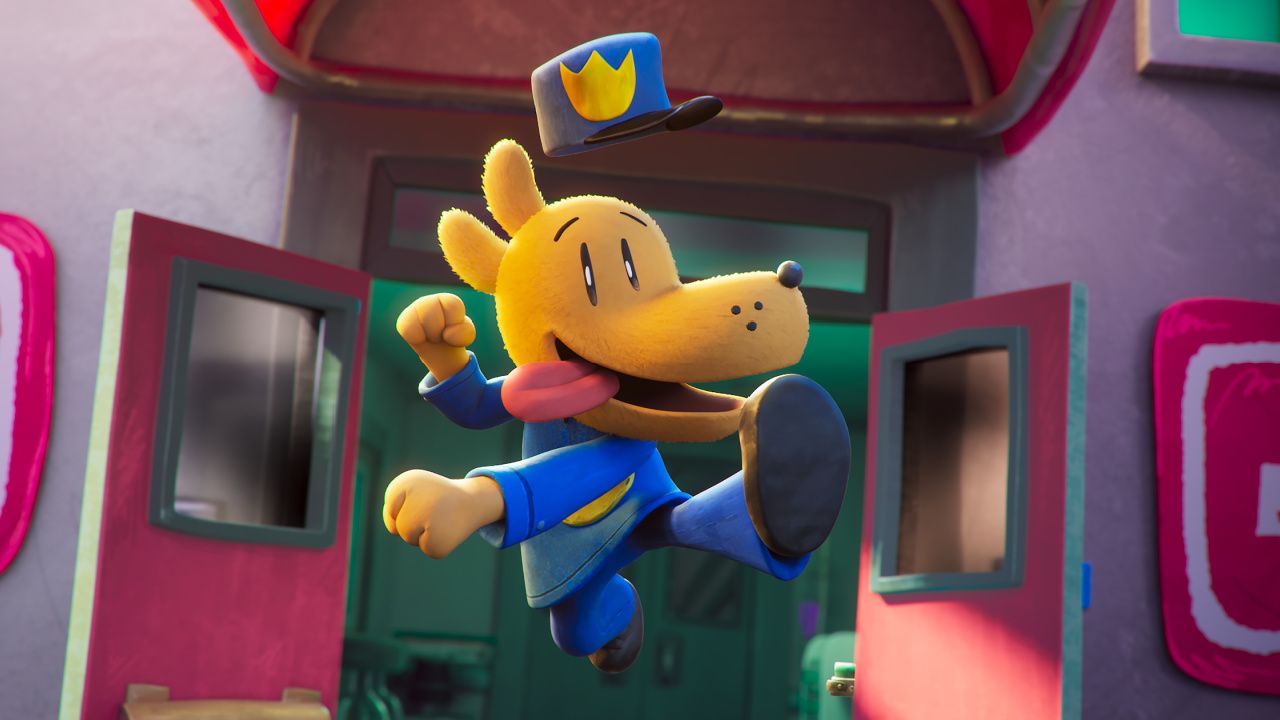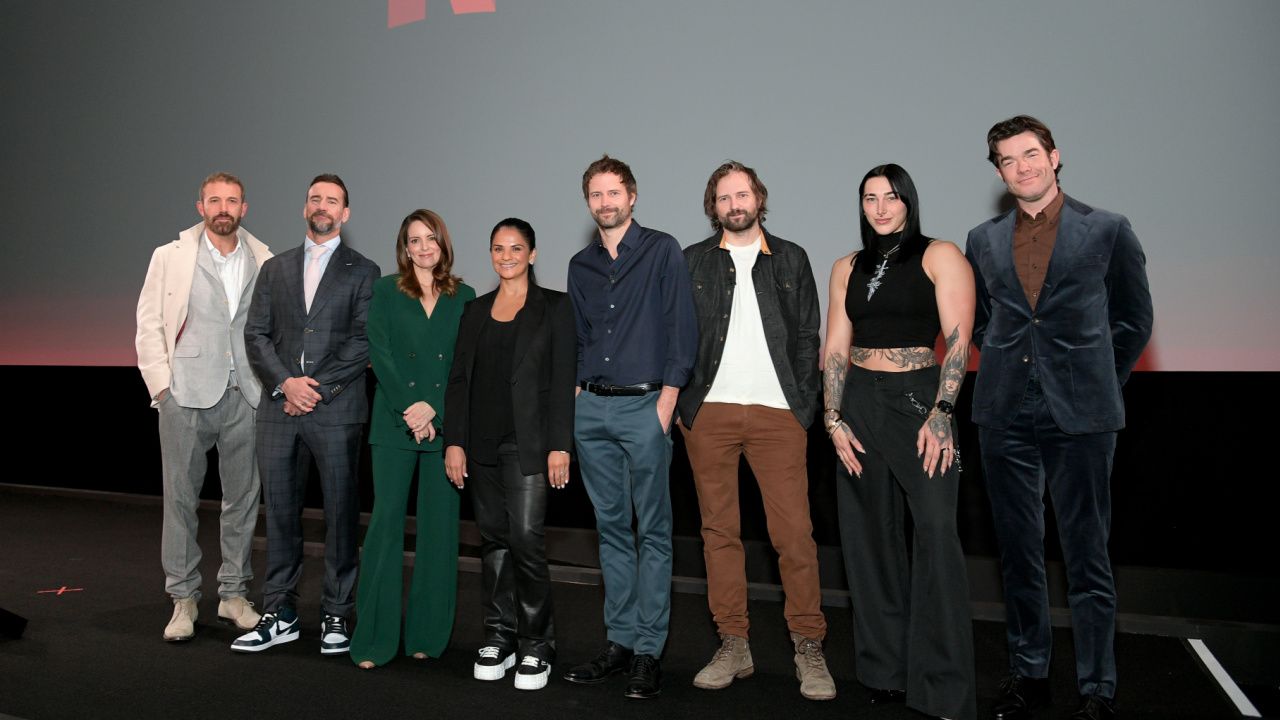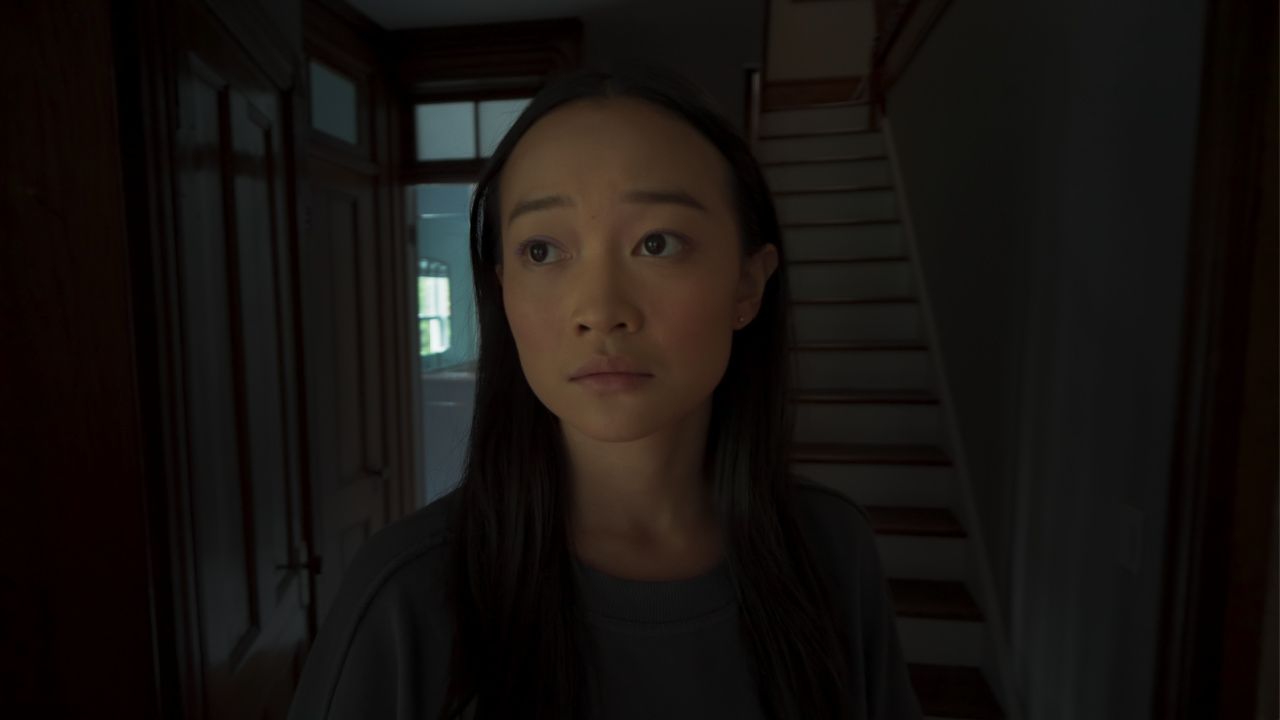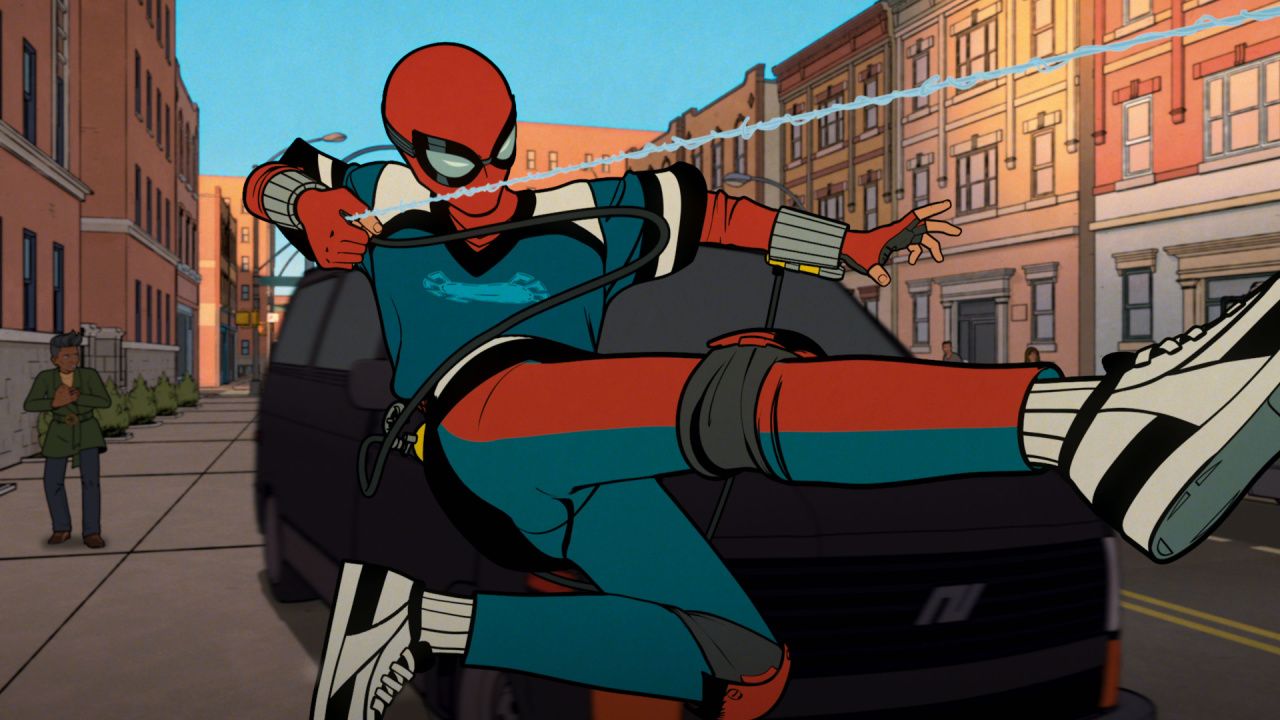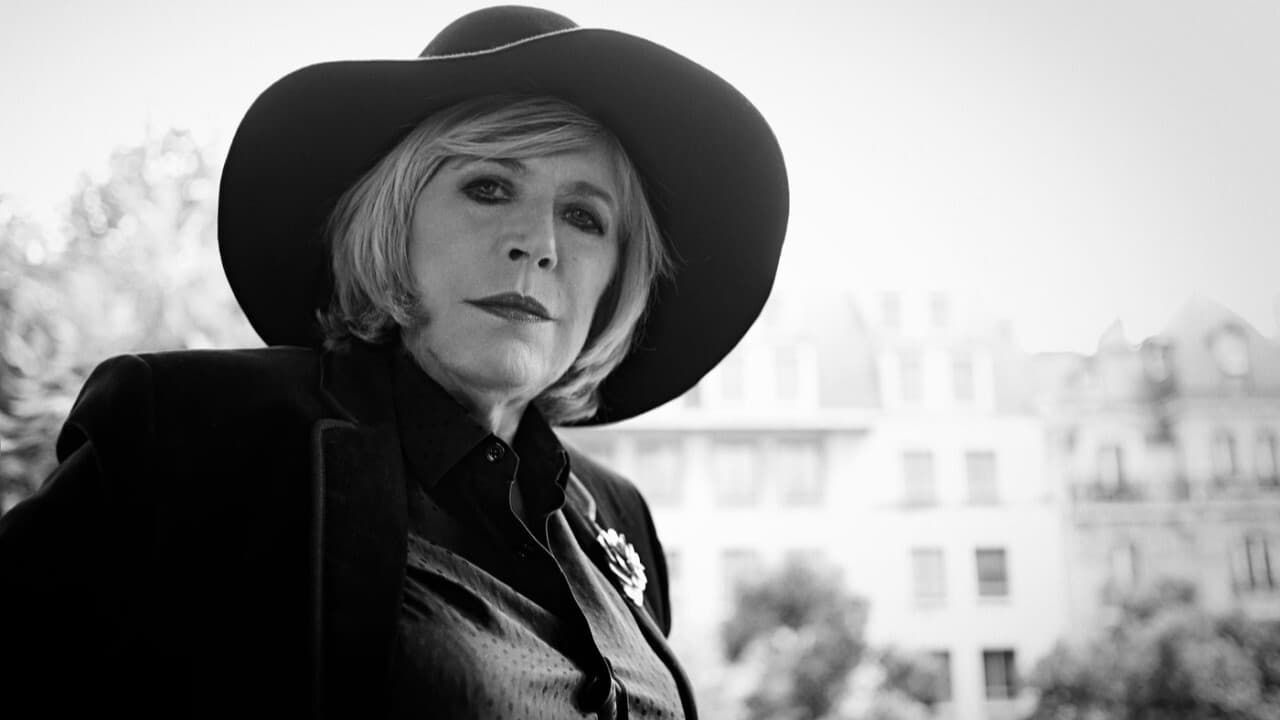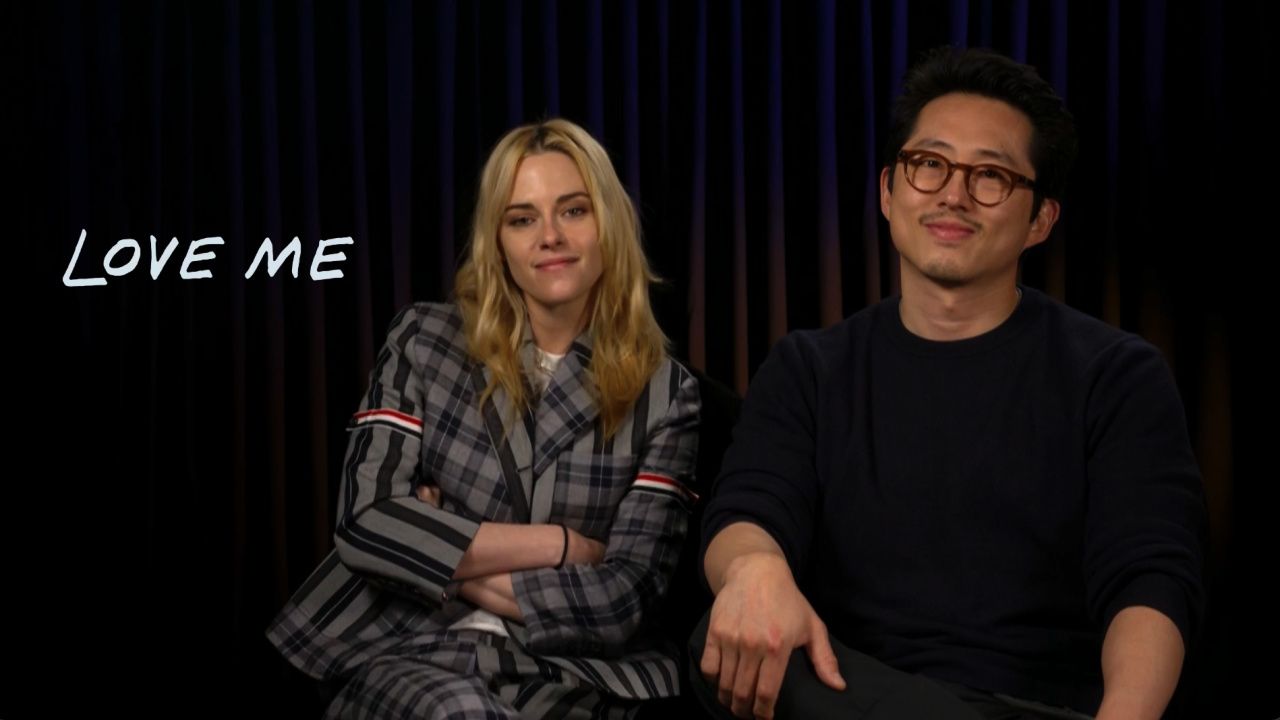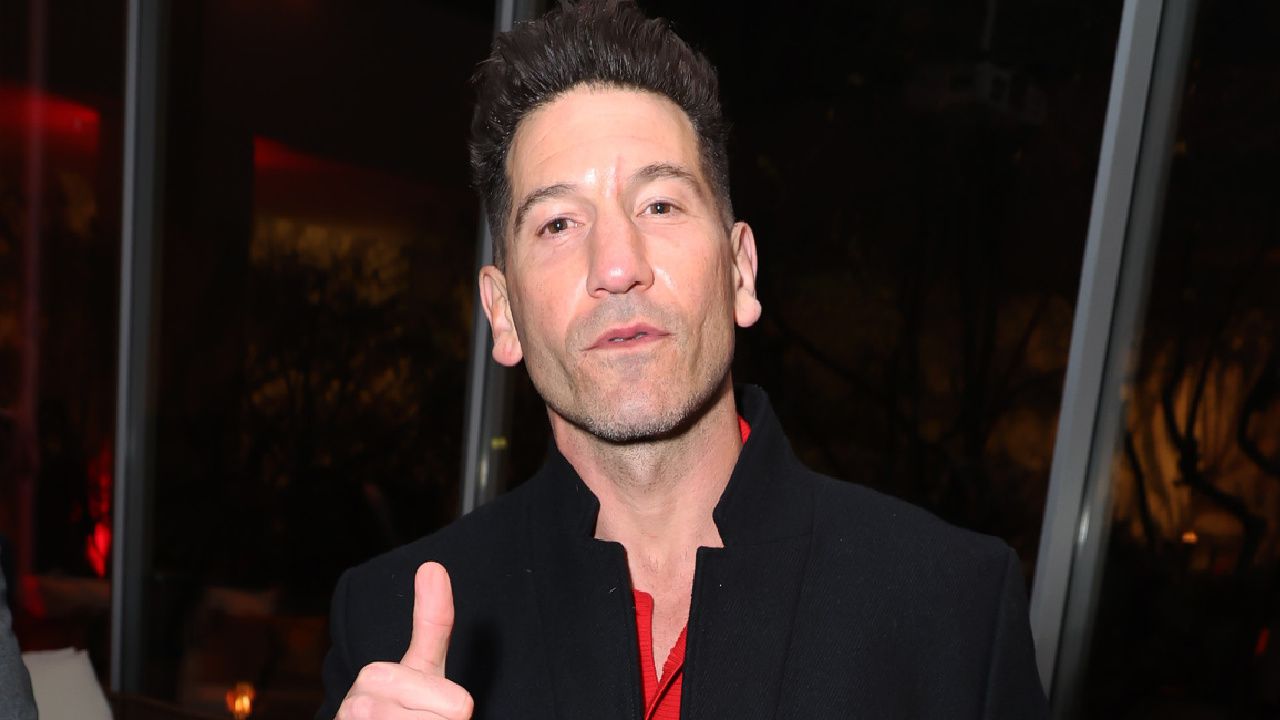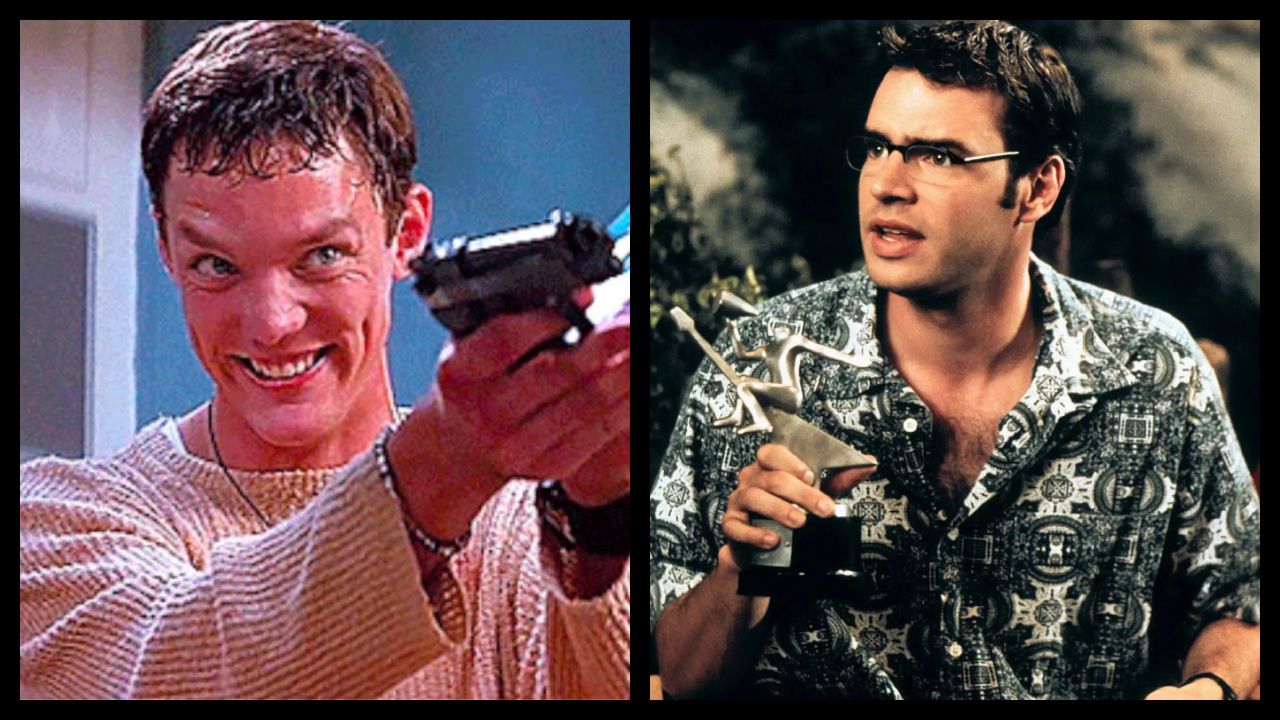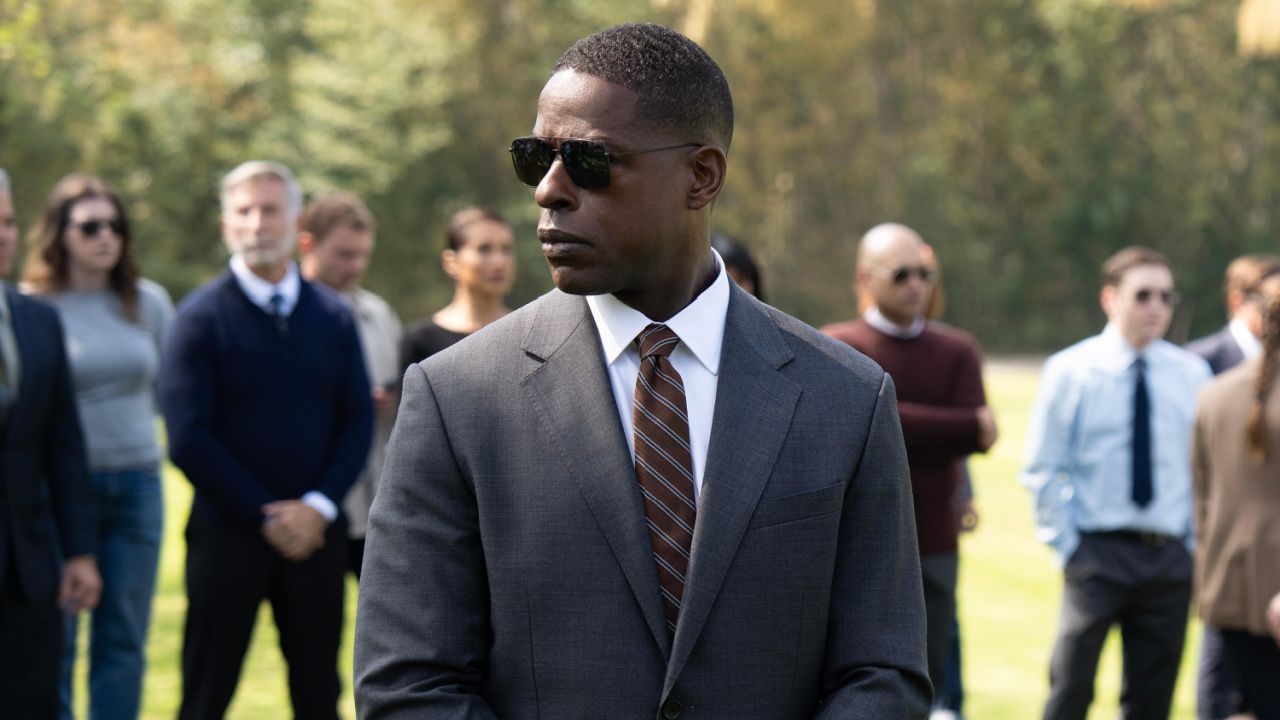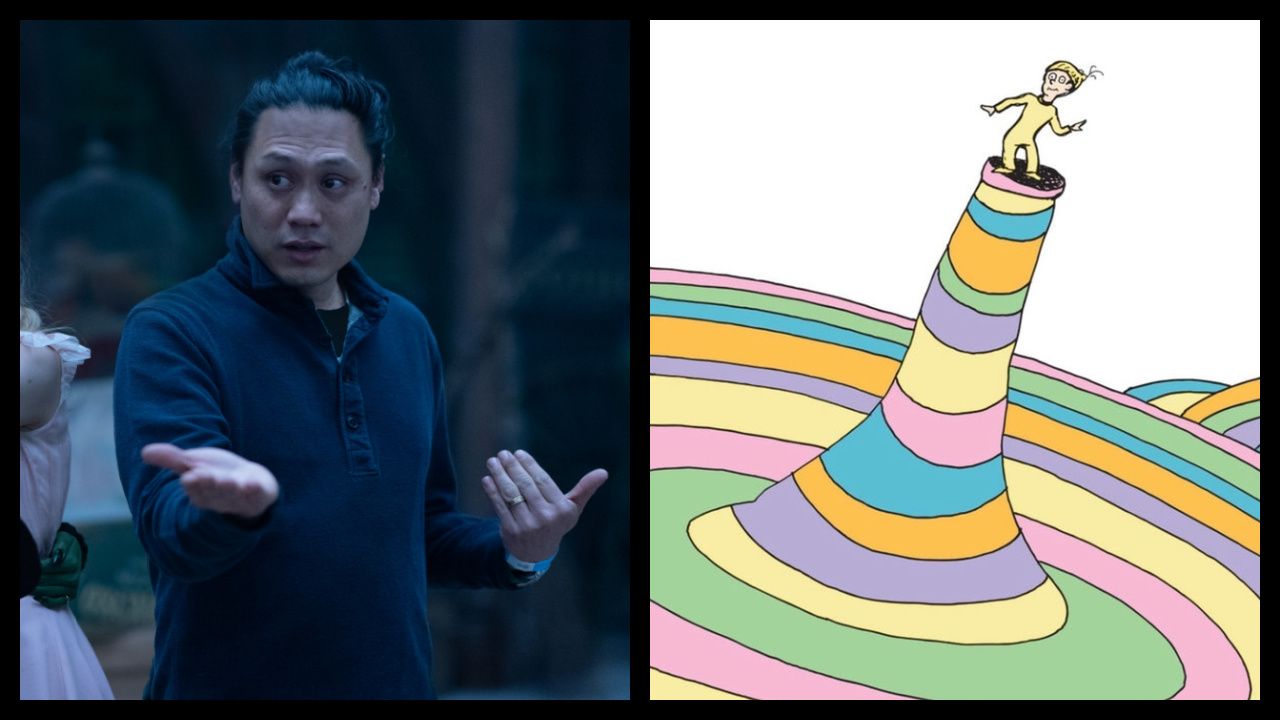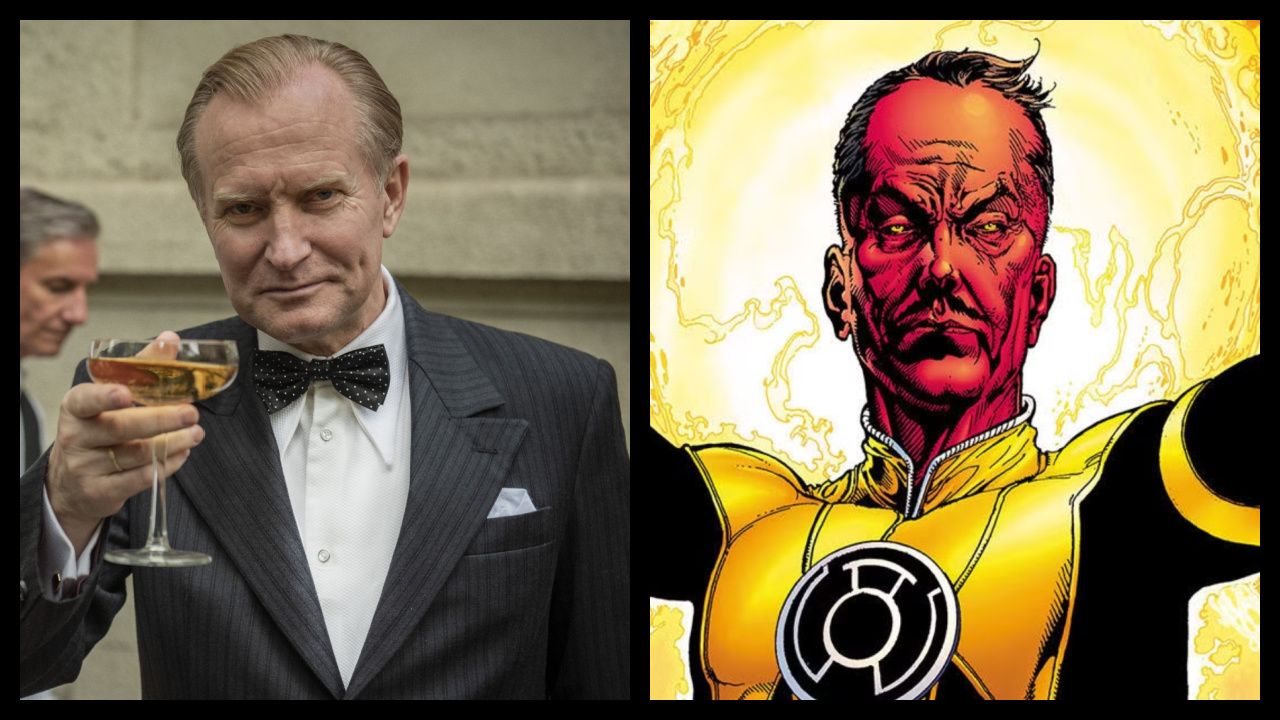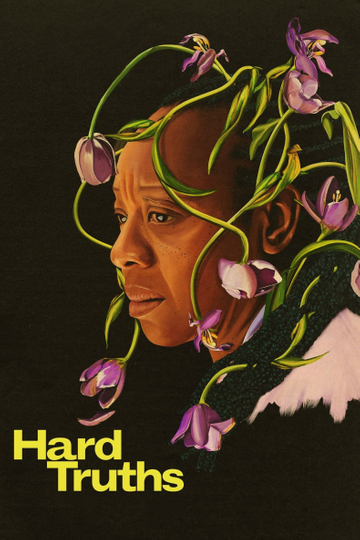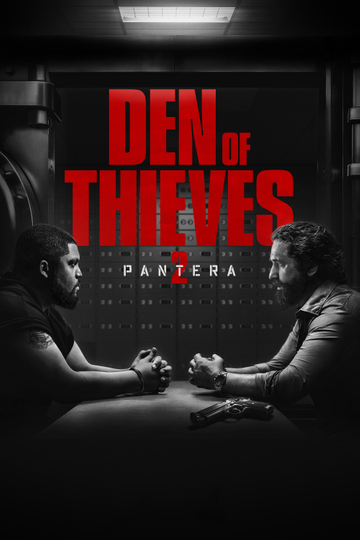Here's Why 'Get Out' Shot Way Past Expectations at the Box Office
On paper, "Get Out" may not have looked like much. It's another low-budget Blumhouse horror movie ($5 million), with no big-name stars, directed by a first-time filmmaker ("Key & Peele's" Jordan Peele) better known for his work in front of the camera as a comedian. Even its distributor, Universal, conservatively projected that the film would open below $20 million.
And yet, "Get Out" scared up an estimated $30.5 million, the fourth biggest debut of the year to date, and more than enough to outpace "LEGO Batman" (which came in second with an estimated $19.0 million).
By the way, there were two other new wide releases this weekend, action thriller "Collide" and kiddie cartoon "Rock Dog," and both bombed huge. "Get Out" managed to earn more by Friday afternoon than those two films combined earned all weekend.
How did "Get Out" manage to shock everyone with its opening? Here are six ways.
1. Amazing Buzz
Since New Year's, the multiplex has been in the midst of a horror glut. That's one reason why recent horror movies like the huge bomb "A Cure for Wellness" or the recent "Rings" failed to put butts in seats. Fans of the genre, and of good movies in general, will turn out if the product warrants it. And by all accounts, "Get Out" is better than good.
Reviews don't usually matter for horror films -- unless those reviews are positive. And they couldn't have been better for "Get Out," which scored a rare 100 percent "Fresh" on Rotten Tomatoes. Even the supposedly highbrow indie-film crowd at this year's Sundance Film Festival raved about "Get Out." This weekend's audiences agreed; the A- they gave it at CinemaScore indicates excellent word-of-mouth. (Most horror movies earn somewhere between a B- and a B.)
2. Jordan Peele
While Peele has had more success on the small screen, making people laugh, his name is still a draw for scaring folks on the big screen. The Emmy-winning comic actor is more of a "name" to attract audiences than much of his cast (unless you think such recognizable actors as Allison Williams, Bradley Whitford, and Catherine Keener can sell movie tickets). And Peele fans were no doubt curious to see how his satirical sensibility would translate to the horror genre. It helps that Peele is a media-savvy interview subject, and he's been pretty much everywhere over the past few weeks talking up his movie to print and TV outlets.
3. Blumhouse FTW
Jason Blum's production company has all but perfected the formula for turning low-budget, star-free horror films into smash hits. It did so just a month ago with "Split." Which, in turn, helped "Get Out"; although a clever trailer for the Peele film had been showing since October, attaching the preview to the beginning of "Split" put "Get Out" in front of the eyeballs of many more horror fans.
Getting "Get Out" screened at Sundance and cultivating the critics turned out to be smart moves, too, even though neither is part of Blumhouse's usual playbook.
4. Very Weak Competition
"LEGO Batman" aside, "Get Out" had little to fear from its rivals this weekend. Despite opening on more than 2,000 screens each, neither "Rock Dog" (above) nor "Collide" even cracked the Top Ten.
"Rock Dog," a Chinese-American co-production opened in 11th place, with an estimated $3.7 million. "Collide," a European-made car chase thriller set on the Autobahn, premiered in 13th place with a dismal $1.5 million. That is one of the lowest-openings ever for a movie opening on 2,000 or more screens. Both movies earned weak reviews and even weaker word-of-mouth.
5. The African-American Audience
Black American viewers have long been underserved at the movies; even though they make up a high percentage of the frequent moviegoing population. "Get Out," of course, has a black hero (played by Daniel Kaluuya), and the alienation he feels at being outnumbered by white people who do not seem to have his best interests at heart is a feeling that's all too recognizable for African-American viewers.
It's no wonder, then, that the film did so well among black moviegoers, who made up 38 percent of the audience, about three times their percentage of the U.S. population. In fact, it did well among minority viewers in general. 16 percent of the moviegoers were Hispanic, and 10 percent were Asian. No doubt the film's minority appeal has much to do with its treatment of racism, which brings us to...
6. The Timing Couldn't Be Better
Peele says he started working on the idea for "Get Out" back in 2008, when Barack Obama was first running for president. Yet the movie feels even timelier now given the current state of the White House, with a president whose nativist appeal and contempt for political correctness seem to have given a lot of white racists permission to come out of the shadows. The fear that Kaluuya's character feels when he meets his white girlfriend's parents -- that something sinister lies behind the off-putting way their white community treats him -- fits in all too well with current events, though it's never been too far from the surface.
Still, even though the movie's antagonists are white, "Get Out" still sold a healthy 35 percent of its tickets to white viewers. Maybe that's because Peele smartly used horror conventions to tap into more universal fears.
Peele has said he was inspired by the classic horror film's adapted from Ira Levin's novels "Rosemary's Baby" and "The Stepford Wives," both of which seamlessly wove feminist fears of patriarchy into horror narratives without seeming preachy or didactic. You didn't have to be a woman to identify with the heroines of those movies, who discovered that their paranoid conspiracy theories were entirely correct, that everyone else was in on it, and that the heroines themselves were the targets. So it is with "Get Out," which starts with a fear that anyone can relate to (meeting potential in-laws) and escalates it from there.
Tapping into specific racial fears may have pushed the buttons of film critics and many minority moviegoers, but tapping into universal fears helped draw horror fans from across the board and make "Get Out" into a shocking smash.
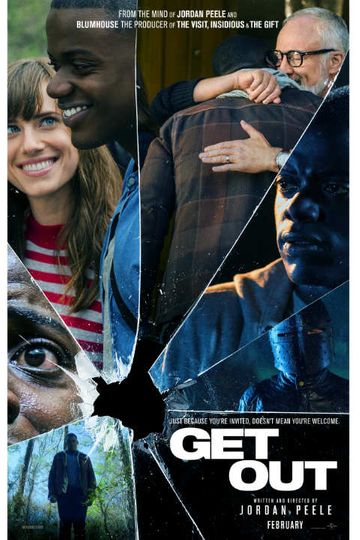
Get Out












